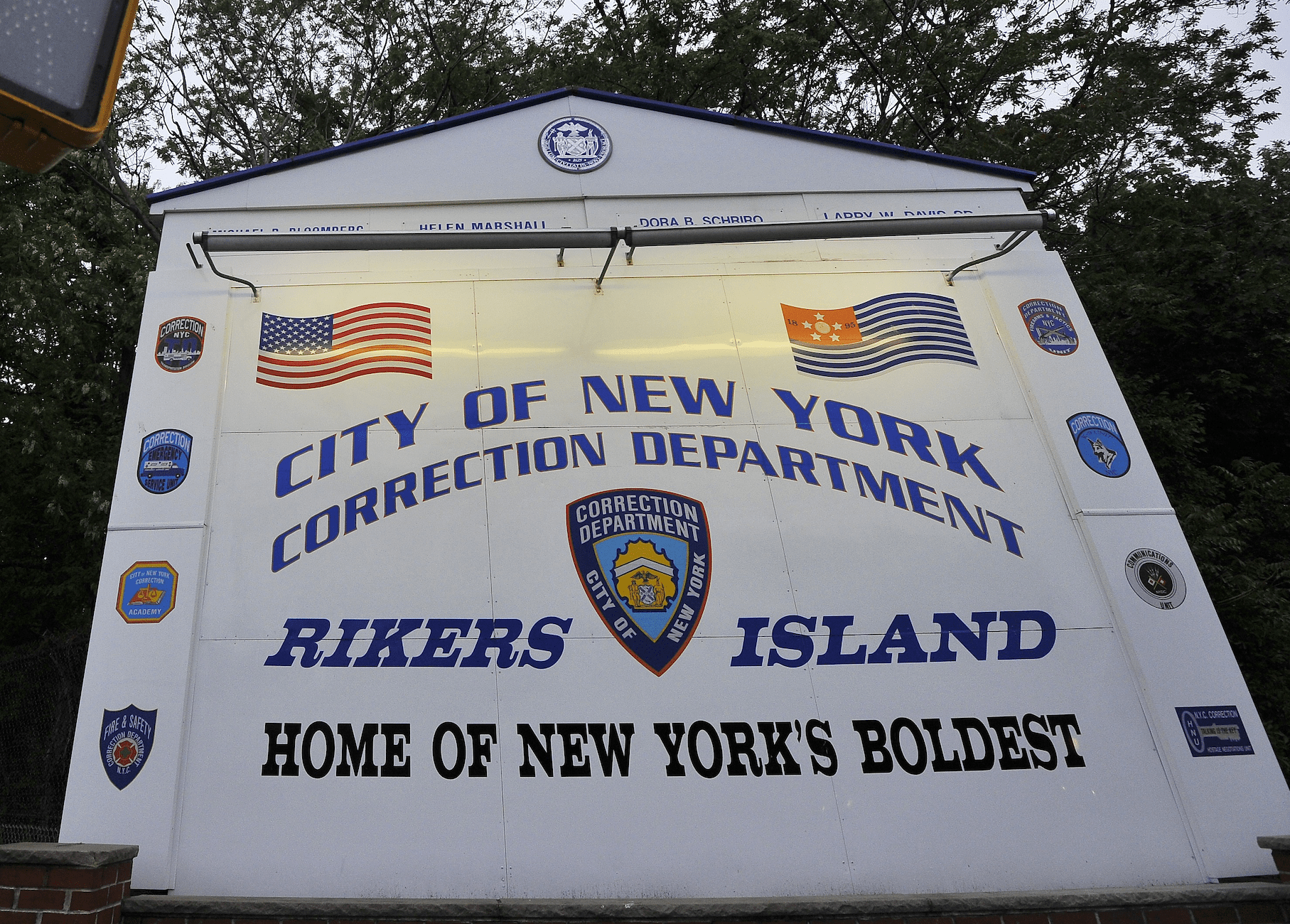Parole Violations Nearly Sentenced These People To COVID-19
Twenty-eight people were to attend weeks-long drug treatment programs after violating parole. The COVID-19 pandemic nearly trapped them in jail indefinitely.

They were in jail for parole violations, awaiting transfer to a 45- or 90-day drug treatment program at a New York state correctional facility.
But as the COVID-19 pandemic shut down New York City, transfers to state custody ceased in mid-March.
Twenty-eight people—all clients of the Legal Aid Society, which provides representation to those who cannot afford to hire a lawyer—suddenly faced indefinite detention.
“New York cannot block access to treatment programs and leave people in jail behind with nowhere to go, only to wait, wondering if and when they will become infected with COVID-I9, and what will happen to them if they do,” wrote Elon Harpaz, a staff attorney with the Legal Aid Society, in a petition to the Supreme Court of New York, Bronx County, demanding their release.
In an order signed yesterday, Judge Alvin Yearwood granted Legal Aid’s petition and ruled that all of the petitioners must be released to the community, under parole supervision. Legal Aid could not say how many people in local jails throughout New York state may be awaiting similar transfers.
“I find it unconscionable of state DOCCS [New York State Department of Corrections and Community Supervision], which runs the parole system in New York, to leave all these people trapped in limbo in local jails with nowhere to go, no ability to be released, no ability to get to their treatment program, just waiting until they become infected with COVID-19,” Harpaz told The Appeal.
In a statement emailed to The Appeal, the department said it is “reviewing the ruling and cannot comment at this time.”
To prevent transmission of COVID-19, which is spread through respiratory droplets expelled when a person sneezes or coughs—even, some scientists say, when they exhale or talk—public health experts recommend social distancing, wearing a mask in public, and frequent handwashing. But in prisons and jails, people who are incarcerated live in close quarters and are often denied basic hygiene materials. Legal Aid clients have reported that they do not have soap or hand sanitizer, Harpaz wrote to the court. One client told his attorney that his dormitory was not cleaned after six people were removed who tested positive for COVID-19, according to the petition.
The New York City Department of Correction says that it provides all detainees with soap and cleaning products, and promotes social distancing in dormitories by leaving an empty bed between people when possible. But people inside New York City jails have described close quarters, sloppy screening and quarantine procedures, as well as a lack of supplies.
A flurry of lawsuits have been filed to demand the release of those incarcerated in the city’s jails, most of whom are held on Rikers Island and are at imminent risk of contracting COVID-19. On March 27, Governor Andrew Cuomo announced that about 1,100 people held on alleged technical parole violations, such as missing curfew, would be released. The courts have ordered well over a hundred people released in response to Legal Aid’s suits.
A March 25 Legal Aid analysis found that the infection rate at the city’s jails was more than seven times higher than New York City’s, which has emerged as an epicenter of the virus. As of April 8, at least 287 people in New York City jails and 441 department of corrections staff members tested positive for the virus.
On Sunday, Michael Tyson became the first person who had been incarcerated on Rikers Island to die after testing positive for COVID-19. He was held on an alleged technical parole violation, according to Legal Aid, which had sought his release along with 99 others. The petition is still pending before the court, according to Harpaz.
“The epidemic is just spreading so fast at Rikers Island that every single day that goes by increases the risk that someone there will catch this disease,” said Harpaz. “There is no more dangerous place in the state of New York and frankly in the world for individuals in terms of being infected with COVID-19 than jails and prisons.”
